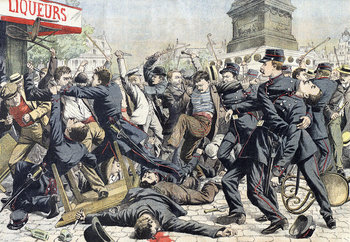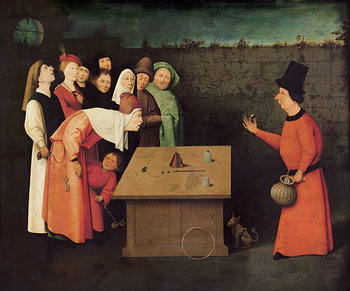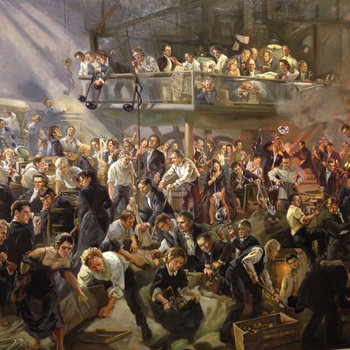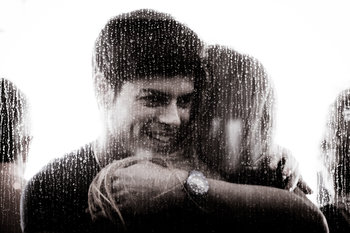
Abilene Paradox
Abilene paradox is the tendency for group decisions to reflect compromises such that each individual member of the group views the decision as irrational despite everyone in the group accepting the decision.Tall Poppy Syndrome
Tall poppy syndrome is when a society attacks wealthy, successful, talented and influential individuals or groups. This motivated by the view that things such as influence, status and wealth are a zero-sum game such that one person's success diminishes everyone else's chances.Lose-Lose
Lose-lose strategies whereby you chose a path that causes everyone to lose. For example, a trade war is typically lose-lose as all nations benefit from gains from trade.Whataboutism
Whataboutism is the claim that a wrong is mitigated by another wrong. For example, claiming that a nation is justified in ignoring a dire environmental problem because some other nation is ignoring it.Allegory of the Long Spoons
Allegory of the long spoons is a traditional analogy that demonstrates the effects of cooperation, civility and goodwill. It states that both heaven and hell have plenty of food and spoons that are far too long. In heaven, everyone feeds each other across the table from them such that all are well feed. In hell, everyone tries to feed themselves and all starve. Remarkably, a similar story appears in a number of cultures including Jewish, Hindu, Buddhist, Christian and Chinese folklore. Each variation has a different explanation of why people must cooperate to eat.Tragedy of the Commons
Tragedy of the commons is the tendency for shared resources such as sea and air to be destroyed because nobody pays for the damage they cause such that nobody has an individual incentive to save them.Schadenfreude
Schadenfreude is an emotion that can be described as joy at the misery of others. This is a potential motivation to explain the choice of lose-lose strategies that harm all.| Overview: Crab Mentality | ||
Type | ||
Definition | The worldview that you'd rather fail than see others succeed. | |
Related Concepts | ||


























